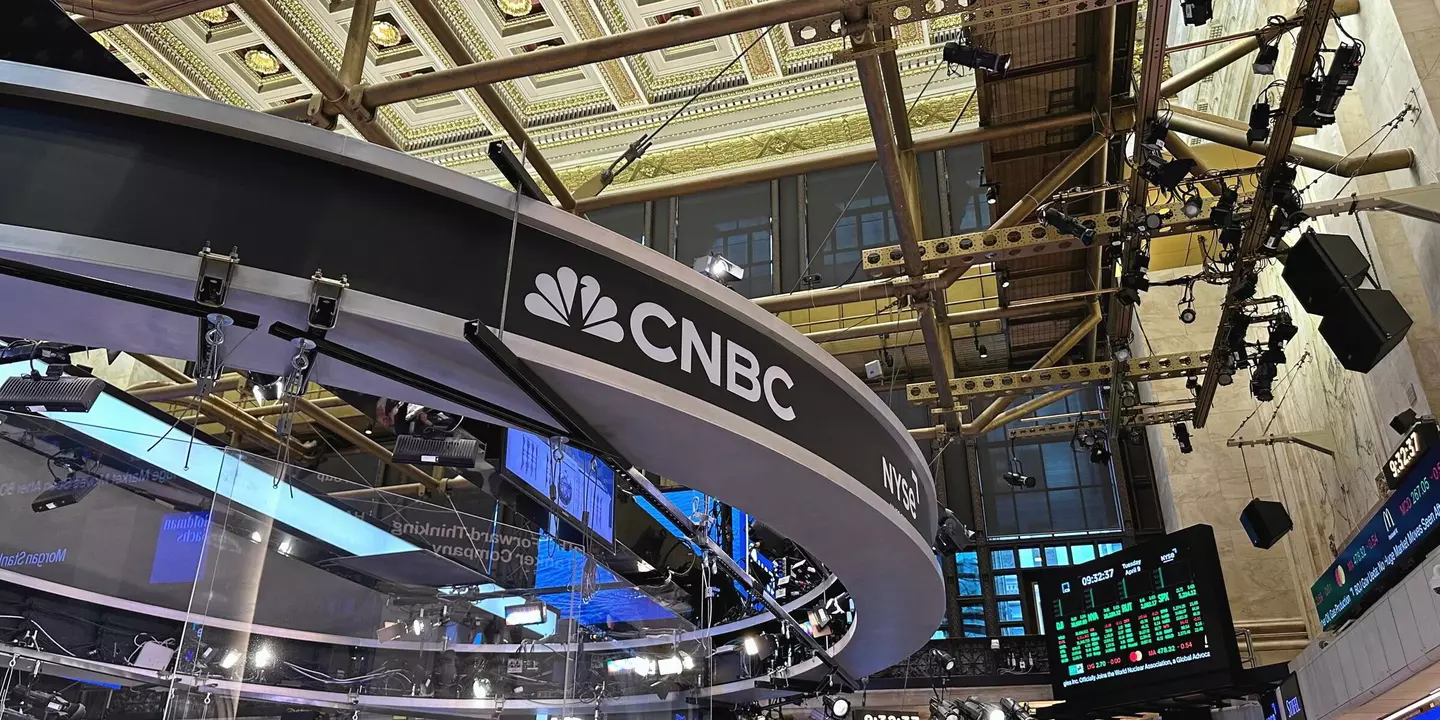Category: Maritime industry
-
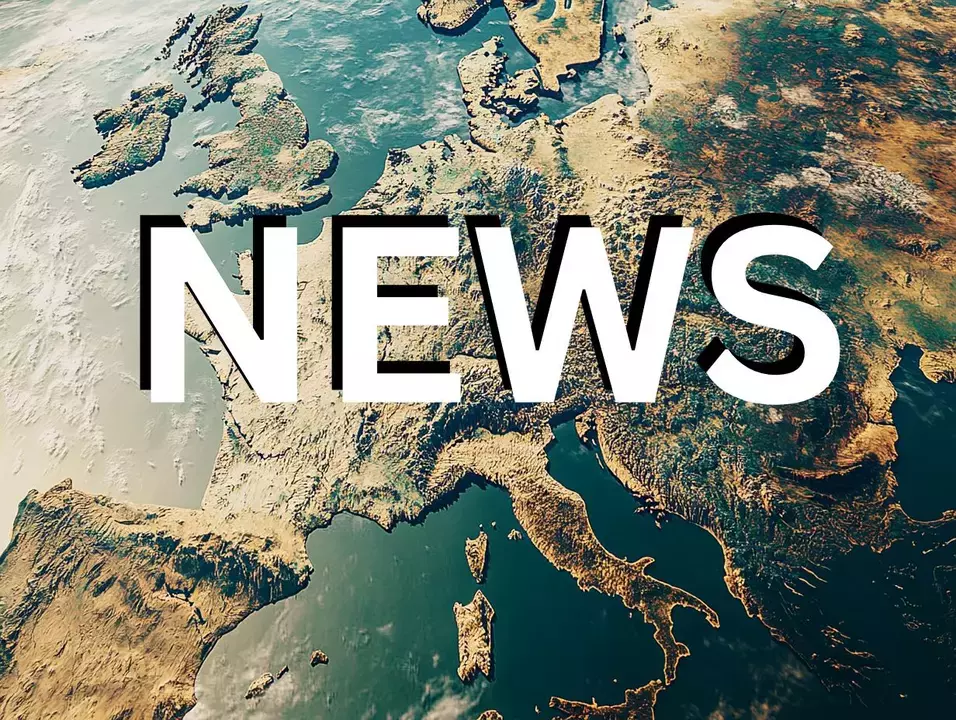
Trump’s Trade Tariffs Ripple Through Global Markets: Nasdaq Futures Drop and Industries Adapt
Nasdaq Futures Decline The recent announcement of President Donald Trump’s trade tariffs on China, Mexico, and Canada has sent shockwaves through the U.S. stock market, with Nasdaq futures plummeting by nearly 2.7%. This significant drop underscores the market’s sensitivity to geopolitical tensions and highlights the need for structural repricing of trade war risks. Investors are…
-
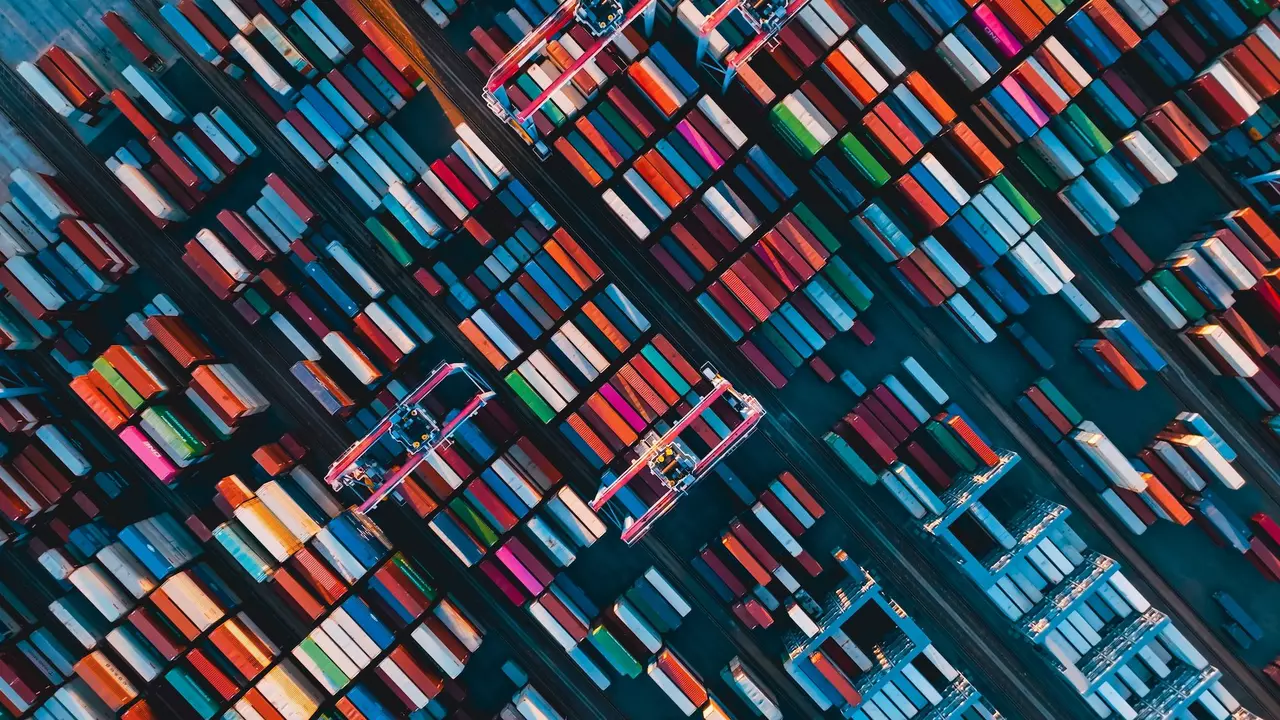
Trump Tariffs: Reshaping Industries and the U.S. Economy
The Impact of Trump Tariffs on Key Industries and the U.S. Economy Introduction to Trump Tariffs and Supply Chain Disruptions The introduction of new tariffs by President Trump has compelled U.S. companies to reassess their supply chain strategies, leading to increased manufacturing costs and potential production delays. This article delves into the significant impact of…
-
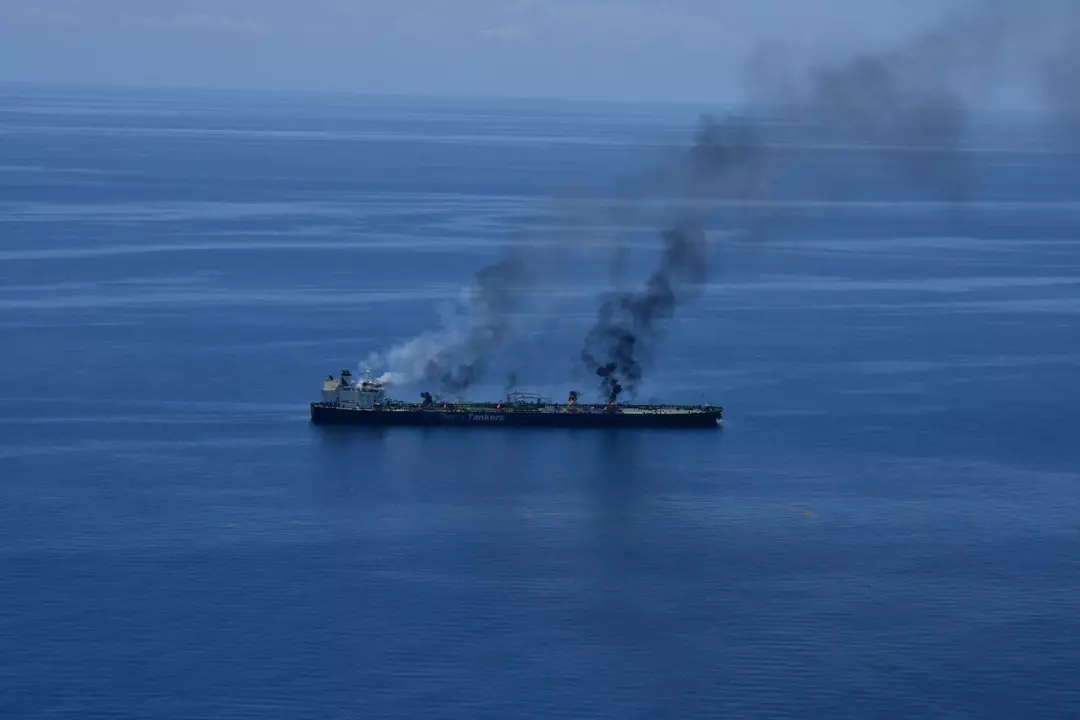
The Chrysalis Tanker’s Transit: A Beacon of Hope Amid Houthi Attacks in the Red Sea
The Chrysalis Tanker’s Transit: A Beacon of Hope in the Red Sea The recent transit of the Liberian-flagged crude oil tanker Chrysalis through the Red Sea marks a significant development in maritime stability in the region. This event, occurring after the tanker was attacked by Yemen’s Houthis last year, is one of the first voyages…
-
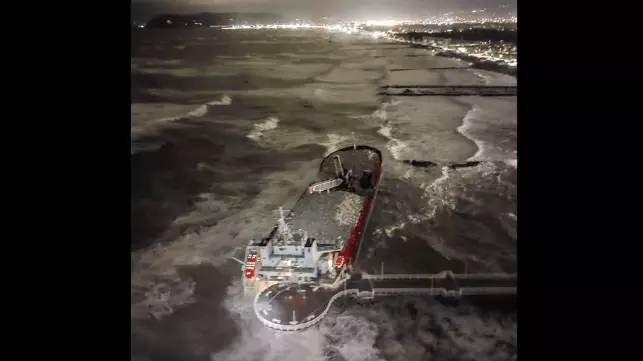
Navigating Challenges: The Italian Coast Guard’s Response to Maritime Incidents
Maritime Safety in Italian Waters: The Role of the Italian Coast Guard The Italian Coast Guard has been actively responding to two grounding incidents in the Mediterranean Sea, highlighting the ongoing challenges they face in managing maritime safety and incidents in Italian waters. This article delves into the details of these incidents, the response by…
-

Navigating Crisis: Moldova’s Energy Independence and the EU’s Role in Transnistria’s Gas Supply
Moldova’s Energy Crisis and the Role of Transdniestria Moldova’s energy crisis has reached a critical juncture, with the separatist enclave of Transdniestria facing severe energy shortages due to the halt in Russian gas transit through Ukraine. This article delves into the recent delivery of natural gas from Moldova to Transdniestria, highlighting the significance of this…
-
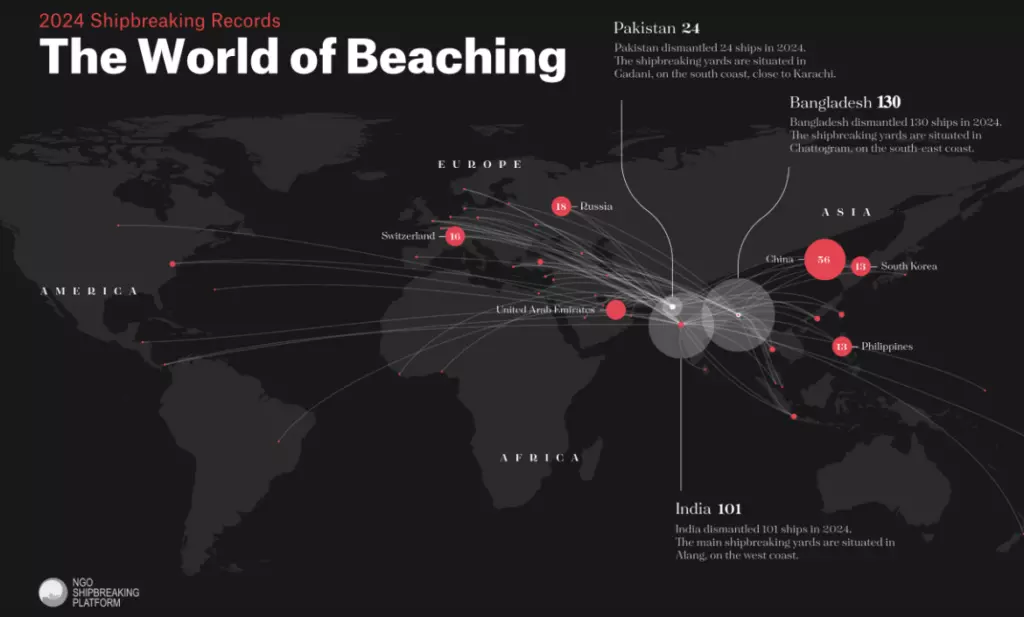
Alarming Practices in Shipbreaking: Environmental and Safety Challenges in South Asia
The Shipbreaking Industry: Environmental and Safety Concerns The shipbreaking industry faces significant environmental and safety challenges, with 80% of global vessel tonnage scrapped in 2024 dismantled under substandard conditions, primarily in South Asia. This article delves into alarming practices, focusing on Bangladesh, India, and Pakistan, and explores the regulatory frameworks, technological innovations, and future prospects…
-
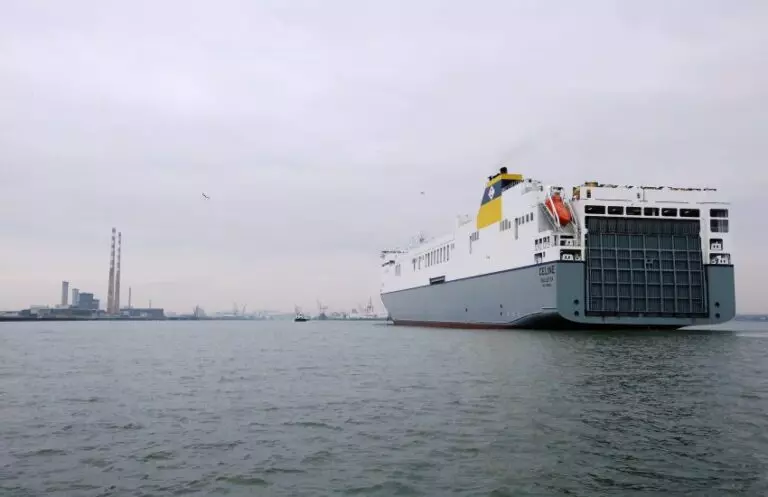
Navigating Sustainability: CLdN’s Pooling Incentive for FuelEU Maritime Compliance
The FuelEU Maritime Directive and CLdN’s Pooling Incentive The FuelEU Maritime (FEUM) directive is a pivotal initiative aimed at reducing greenhouse gas emissions in the maritime sector by promoting the use of renewable and low-carbon fuels. However, the higher costs of biofuels pose significant challenges. CLdN has introduced a pooling incentive to provide flexibility for…
-
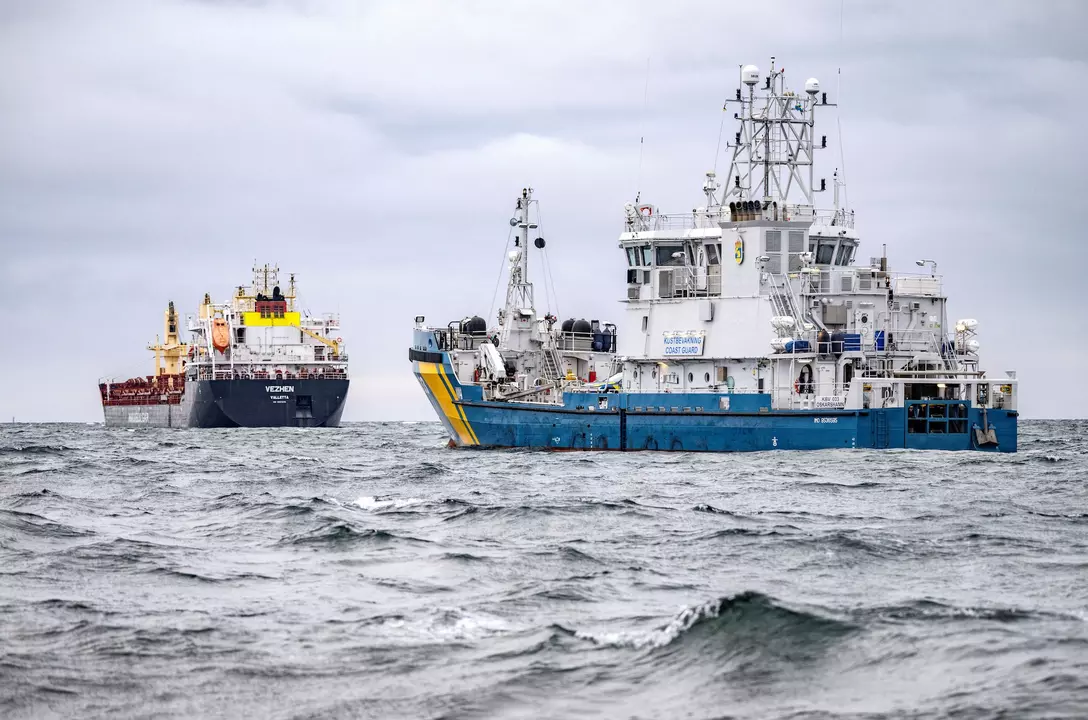
“Baltic Sea Cable Cut: Accidental Damage Exposes Regional Vulnerabilities”
Sweden Says Ship Broke Baltic Sea Cable by Accident Incident Overview On January 26, 2025, the cargo ship Vezhen, sailing under the Maltese flag, encountered severe weather conditions in the Baltic Sea. En route from Sweden to Latvia, the vessel accidentally dropped its anchor, severing a critical subsea cable that connects the two countries. Initial…

